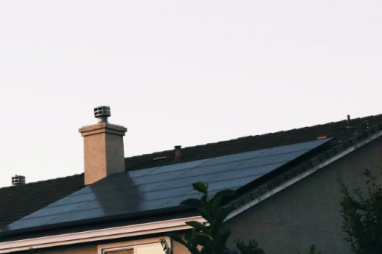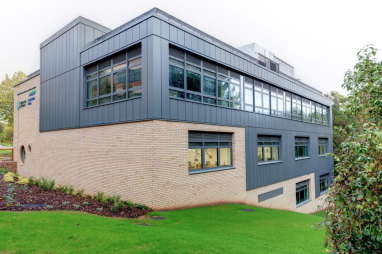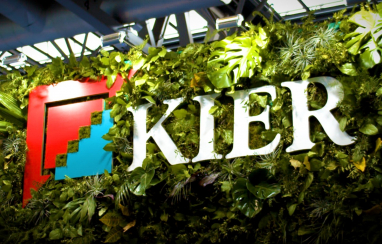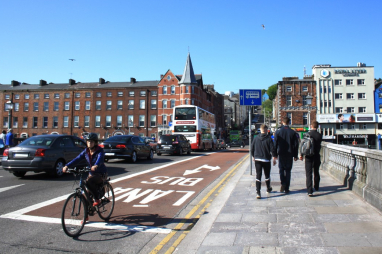- Nike Giannis Immortality 3 - Nike Jordan Sport DNA Svarta mjukisbyxor i fleece med heltäckande logga - RvceShops
- Панама adidas bucket - Ransom by adidas Bluff Lo 'Fairway' - IetpShops
- womens air jordan 6 barely rose dh9696 100 release date
- dolce gabbana portofino lace up sneakers item
- nike factory outlet online shopping
- air force 1 shadow
- Air Jordan 1 Paisley Bandana Release Date
- air jordan spring 2021 retro collection release date info
- Air Jordan 1 University Blue 555088 134 Release Date Price 4
- Air Jordan 1 Blue Chill Womens CD0461 401 Release Date 4
- Home
- News and analysis
- Info hubs
- Events
- Video
- Case Studies
- About us
- Magazine
- Advertising
Produced for the industry by the Association for Consultancy and Engineering
Comment
Key role for SuDS in achieving zero carbon targets

The wide-scale implementation of sustainable urban drainage systems (SuDS) is a fundamental piece to the UK’s carbon neutral puzzle, argues Tetra Tech's James Peters.
Though little attention to date has been paid to the vital role sustainable urban drainage systems can play in helping to meet pressing climate targets, their ability to improve water quality has made them a fundamental instrument in the civil engineer’s toolbox, allowing them to manage and mitigate flood risk, as well as managing water runoff that arises from developments.
At their core, SuDS are a collection of management practices, control structures, strategies, and design solutions to drain surface water both efficiently and sustainably from development sites. Their main principle lies in the treatment and management of rainwater and they are technical solutions for transporting surface water, slowing down the runoff before it enters watercourses, storing or reusing water at the source, or allowing water to fall on permeable surfaces and soak into the ground.
Recent shifts
The public’s changing perception of climate change has no doubt been influenced by more abnormal weather events appearing, consequently driving SuDS up the government agenda. Over recent years, in line with new government legislation, the civil engineering industry has begun to gradually standardise both existing and new technical solutions. A move well-received across the sector, this has marked a positive step forwards; after all, well-designed SuDS not only controls and mitigates flood risk - improving the quality of surface water run-off into receiving water bodies - but also makes a significant contribution to the UK’s nationwide 2050 net zero carbon target.
We are now sending the message to public organisations and developers that SuDS are here to stay in the long-term. As such, our focus now should be firmly set on accommodating them into schemes, from the beginning right through to the very end of the project.
The obvious benefits
In water-stressed areas – typically the south – conservation of water is a critical challenge, and the measures provided by SuDS like water recycling and rainwater harvesting significantly cut down on primary water use. Furthermore, as SuDS manage water at the source, developers can avoid the cost of large-scale infrastructure to transport the surface water, therefore reducing the carbon footprint associated with this type of activity.
The environmental impact is also notable. SuDS reduce the volume of water becoming polluted, and the recent requirement for all planning applications to include SuDS means that developers need to set aside more land for green open space, which in turn has increased the landscaping and the number of trees taking carbon out of the atmosphere.
Obstacles to implementation
It may come to some as somewhat of a surprise - given SuDS’ impressive environmental credentials - that their uptake has not been quicker. The path to widespread implementation has been fraught with challenges, most notably due to common misconceptions about SuDS features that they impact a development’s public space and aesthetics. Yet nowadays, very often, you can integrate SuDS features like ponds and basins within the public open space to include features such as benches and walkways. A well-designed SuDS can enhance developments and, in some cases, may even add economic value to property or land.
Another key part of the puzzle is also identifying the SuDS that are most appropriate for the development. For example, at Tetra Tech, we are able to perform feasibility assessments on-site to work out which SuDS are appropriate and then follow that up with detailed designs, supervising and managing construction. This way we have been able to see the proper implementation of SuDS across the UK, from inception to completion.
Though SuDS have a wealth of environmental and commercial benefits to offer, up until recently incompatible legislation has slowed the pace of their adoption, leaving these relatively untapped. So, as the government steps up its war on climate change and false impressions around SuDS begin to slip away, let’s use this vital set of standardised techniques as a driving force for greater sustainability in the industry, helping it to edge gradually closer towards its zero-carbon goal.
James Peters is an associate director at Tetra Tech, the US-based company which acquired professional services firm WYG last year, which will rebrand to adopt the Tetra Tech name from next year.





